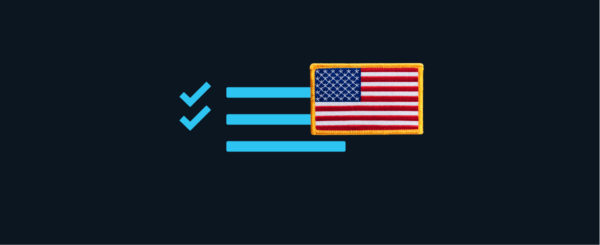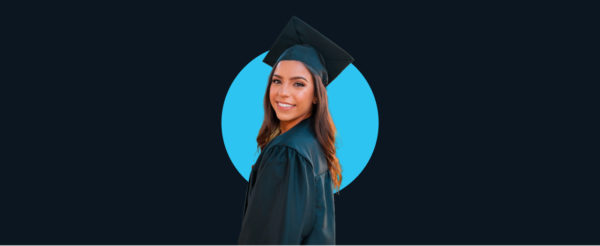Jul 10, 2023
What Is FDIC Insurance?

“What is the FDIC?” is a common question when people open a bank account. The FDIC, or Federal Deposit Insurance Corporation, is a U.S. government agency that plays a crucial role in the economy by maintaining the stability of the banking system and protecting individuals and their deposits. Perhaps most notably, the agency protects your money by providing deposit insurance to member financial institutions. This FDIC insurance backs the deposits of account holders, up to $250,000 per depositor. If your bank were to face difficulties or even closure, your money up to that amount would still be safe and accessible to you.
What is the FDIC’s purpose?
The FDIC’s primary purpose is to ensure the integrity of the banking system and maintain public confidence in financial institutions. The agency was created in 1933 in response to the Great Depression, when thousands of banks failed and people lost all of the money they’d deposited; millions even lost their entire life’s savings. Congress created the agency to prevent such a profound crisis from happening again.
The FDIC is responsible for preventing financial institutions from engaging in high-risk activities that put depositors’ money at risk. To accomplish this, the agency inspects and closely monitors banks to prevent risky behavior. The FDIC also has the power to liquidate and close down failing financial institutions in order to safeguard the economy.
The FDIC stands as a critical safeguard for individual account holders by protecting deposits from loss in the event of a bank failure or widespread financial crisis. In simple terms, this gives you as an account holder the peace of mind that you won’t lose your money if your bank goes under.
What accounts are insured by the FDIC?
FDIC insurance covers a range of bank accounts that allow you to deposit and withdraw your money. These accounts include:
- Checking accounts
- Savings accounts
- Money market deposit accounts
- Certificates of deposit (CDs)
- Negotiable order of withdrawal (NOW) accounts
How is the FDIC funded?
The FDIC is the rare federal government entity which draws no funding from the federal budget. Instead, the agency and any countermeasures it takes in case of financial emergency are supported by the Deposit Insurance Fund (DIF). Financial institutions covered by the FDIC are required to pay into the DIF on a sliding scale, based on their size and the riskiness of their investments. If and when the FDIC needs to rebuild its funds after a bank failure or economic crisis, the agency also has the power to raise money by increasing fees for all members, or to sue officers from the failed banks to recoup its deficit. Finally, the FDIC can borrow up to $100 billion from the U.S. Treasury or the Federal Financing Bank (FFB).
What is the FDIC’s role in case of bank failure?
If a bank begins to falter, the FDIC has the power to step in and institute corrective measures, even up to the point of forcibly taking over the institution. This notably occurred during the 2008 financial crisis, at which time the FDIC liquidated and shut down some failing institutions.
As a depositor, you have protection from the FDIC during such a crisis, ensuring that you are able to retrieve your money as long as it has been deposited into an account at an insured institution. In such circumstances, your insured funds either moved to another member bank that has agreed to take over your former account, or the FDIC issues you a check for your account balance, up to the $250,000 maximum covered by FDIC insurance. If depositors hold more than the insured limit, the FDIC may still be able to help, as approved and willing financial institutions might be able to buy the additional uninsured amount and return your remaining deposits. However, this process can take years, and there’s no guarantee of retrieving your lost money beyond the $250,000 covered by FDIC insurance.
What is the FDIC’s importance to you?
The security of your money is paramount, so making sure your checking and savings accounts are protected is important. You’ve likely seen the phrase “Member FDIC” on bank websites or your account statements; that lets you know your money is covered by FDIC insurance. This assurance can help you bank more confidently, especially in times of economic uncertainty.
The FDIC plays a crucial role in upholding the stability of the banking system by overseeing major financial institutions and providing insurance for depositors like you. When you bank with Stash, your deposits are covered by FDIC insurance, and you can count on robust security measures to keep your account secure.
Related Articles

Planning Your Finances as a Member of the Military

Congrats, Grad! Here are Six Financial Goals Now That You Have That Degree

If You Don’t Have Health Coverage, Stride Can Help

Don’t Let Life Creep Up on You. Help Protect Your Loved Ones with Life Insurance.

Learn the Basics of Disability Insurance

The Stash Way: Consider Insurance for Your Long-term Financial Plan





